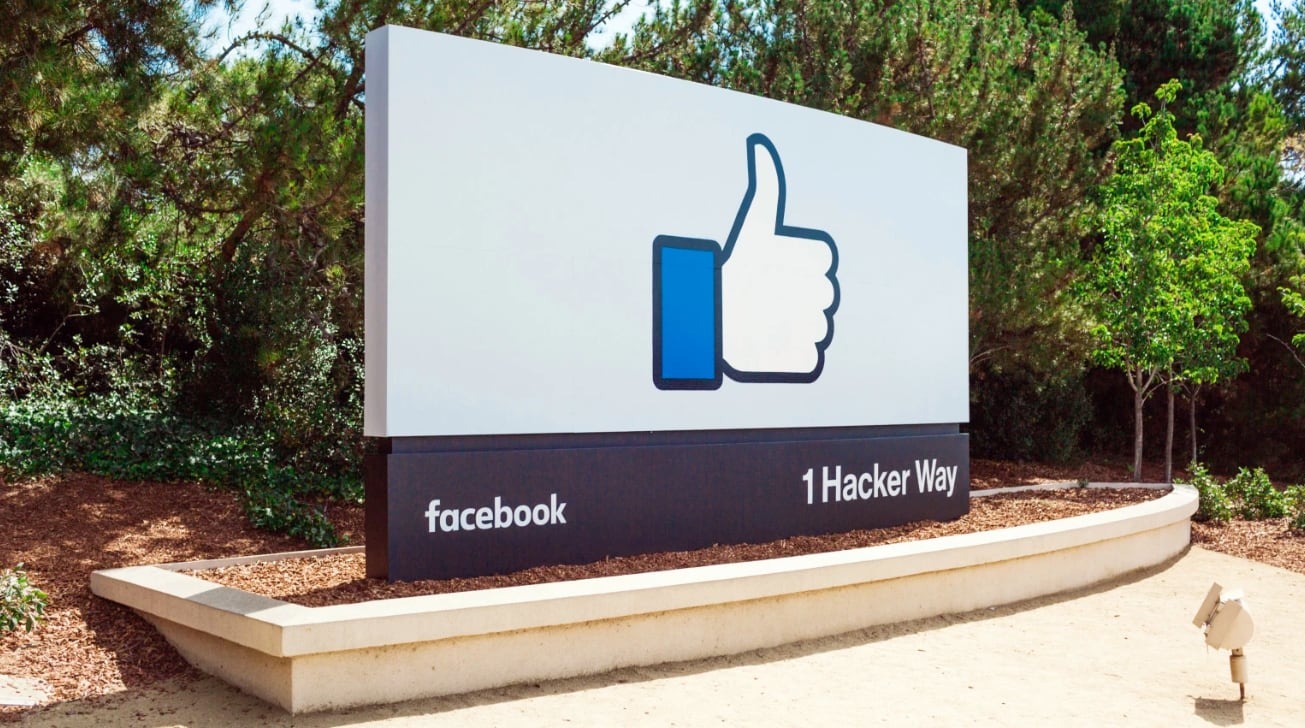The Internal Revenue Service has gone to court to sue Facebook, claiming the social media giant owes in excess of $9 billion in taxes by selling its intellectual property to a subsidiary in Ireland — a transaction the IRS believes Facebook severely undervalued.
The trial, expected to last between three and four weeks in total after it commenced on Tuesday, has the IRS attempting to convince a judge in San Francisco that Facebook owes billions of dollars of unpaid tax. According to a document filed by Facebook in January, the witness list can include a number of major executives, though seemingly not Facebook CEO Mark Zuckerberg.
Reuters reports the list of witnesses includes chief revenue officer David Fischer, CTO Mike Schroepher, head of hardware Andrew Bosworth, and Naomi Gleit and Javier Olivan of Facebook's aggressive growth team.
The entire affair is based around Facebook's decision to hand its intellectual property to a subsidiary in Ireland, and the perceived value of that property. In 2010, Facebook sold its IP to the Irish entity to cut its overall tax bill, a process that other major firms have undertaken.
Facebook's subsidiaries pay a royalty to the US parent company for its trademark, the user base, platform technologies, and other elements, with Facebook Ireland paying its US counterpart more than $14 billion from 2010 to 2016.
The IRS argues the valuation of the IP was too low and should be taxed accordingly. Facebook believes the low valuation was reflective of the risks involved with its international expansion, and predated its IPO and development of its advertising systems.
The social network stands by its 2010 valuation, as at the time it "had no mobile advertising revenue, its international business was nascent, and its digital advertising products were unproven," according to Facebook spokeswoman Bertie Thompson.
In the event the IRS wins, Facebook would have to pay a tax liability of up to $9 billion, as well as interest and penalties.
While the tax trial may seem similar to one involving Apple, it is a completely different issue at hand. In the case of Apple, the 2016 European Commission ruling related to Apple being charged too little tax by Ireland, with the extremely low tax rates offered by the country deemed to be unlawful "state aid," whereas Facebook's situation involved telling the IRS a potentially incorrect valuation of its IP sale.
Both situations do involve the companies setting up a subsidiary in Ireland to take advantage of the low tax rates, which is quite a common accounting trick for large multinationals.
 Malcolm Owen
Malcolm Owen







-m.jpg)







 William Gallagher
William Gallagher
 Thomas Sibilly
Thomas Sibilly
 Wesley Hilliard
Wesley Hilliard
 Marko Zivkovic
Marko Zivkovic












13 Comments
Kudos for the thumbs up imagery.
It would be rich if the IRS seized the Facebook domain.
Great. Can you next go after Amazon, Netflix, FedEx, Nvidia, Starbucks, etc, all who pay $0 in annual income tax?
https://www.cnbc.com/2019/12/16/these-91-fortune-500-companies-didnt-pay-federal-taxes-in-2018.html
Considering that "corporations are people too" (and as such are entitled to freedom of speech via unlimited spending), I find it odd that corporations can spend their money re-investing in business assets (buildings, servers, etc) tax-free, but actual humans have to pay income tax first, then can spend our money re-investing in assets like our homes. Why do we have to pay taxes first, but corporations do not?
Couldn't have happened to a nastier company. I hope that the IRS wins big time.
I don't know that anyone here should be blindly cheering for the reason the IRS uses as grounds for the additional taxes. Apple for instance relied heavily on IP rights transfer to foreign subsidiaries, primarily Irish-based but perhaps now with Jersey, as a means of reducing their corporate taxes due using substantial licensing fees to reduce profits.
If they are successful with this against Facebook then Apple, Google, Mircosoft and a plethora of pharmaceutical companies may be next on the IRS agenda.